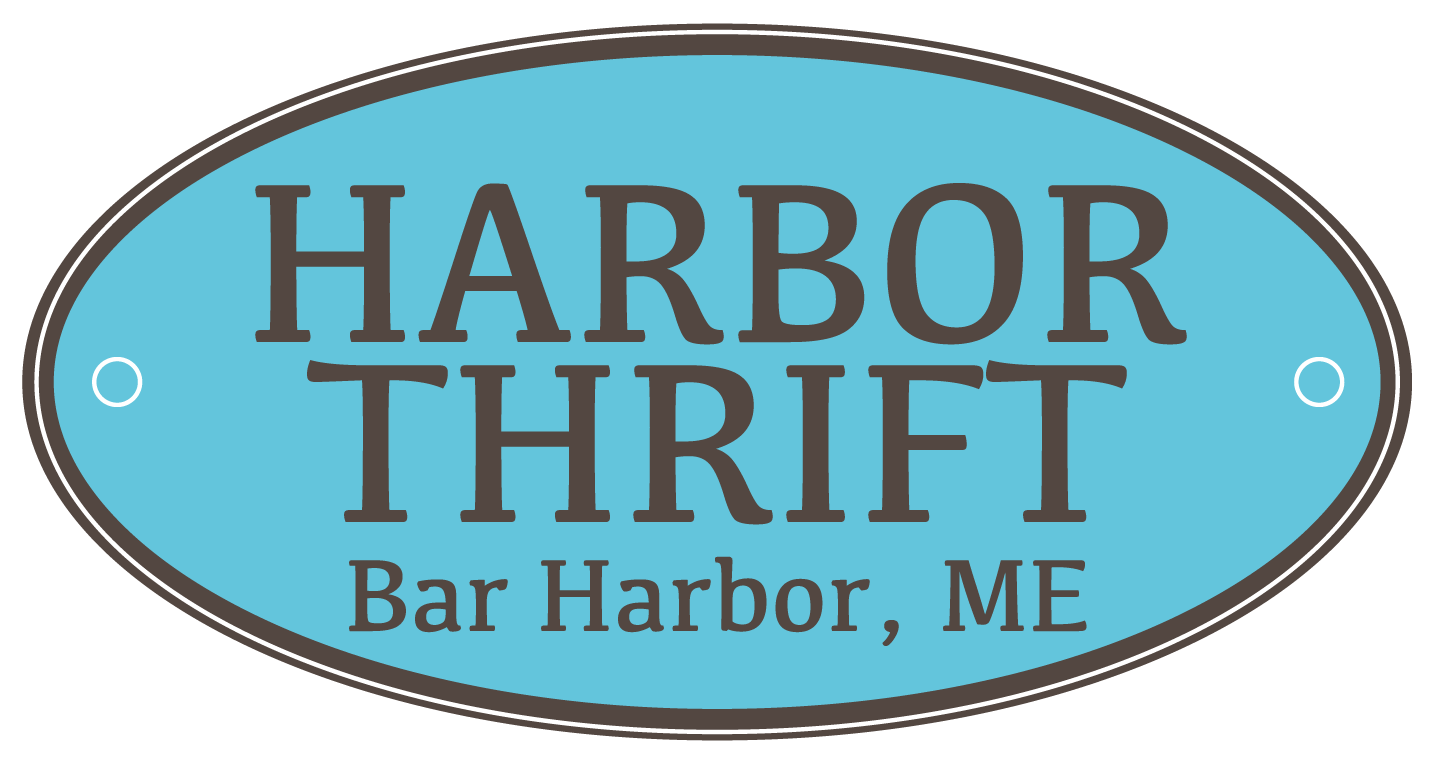Year after year, season after season, viewers have watched a very *particular* looking woman step out of a limousine, with the hopes of finding true love on The Bachelor.
She is conventionally pretty. She is thin. And she is completely unrelatable to me, a plus-sized woman who used to consider herself a fan of the show.
I’ve since turned off the screen because I’m sick of the narrative being shoved down my throat that only conventionally beautiful women who weigh less than, say, 130 pounds, are worthy of love.
If producers want to bring me (and countless women) back into the fandom, show me a contestant who whips a MegaBabe out of her purse on night one to deal with her chub rub! Show me a woman whose run and jump causes her man to stagger. Or at the very minimum, can we get a little jiggle on the screen?
Reality television was my first love.
From the Kardashians to the Real Housewives, if there are a bunch of chaotic humans brawling it out on television, you can bet I’ve tuned in fastidiously. And while these franchises are not beacons of progressive ideals and body positivity, we’ve seen people of more races, sizes, and sexual identities grace our screens through the years.
The Bachelor franchise seems stuck in 2005. That year, I was 12 years old, and it was probably the last time the number on my scale would not have precluded me from being cast on the show. (A note on the word “fat:” I am using it as a neutral descriptive term and not an insult. There is a difference.)
Before I move on, I want to emphasize something. There is absolutely nothing wrong with being a thin or “straight-sized” person. What I am pointing out is that the franchise has highlighted exclusively people in smaller bodies for 20 years.
In paign called for The Bachelor to cast a Black lead for the 2021 season and ensure that all future seasons have at least 35 percent of its contestants identify as people of color. Just one week later, Matt James was announced as the first Black male lead for The Bachelor on Good Morning America.
Now, a new campaign is taking the Internet by storm. Roses For Everybody has been quietly planning their launch for months, after Jenna Vesper, host of The Date Card podcast, reached a breaking point with the show she loves.
“They had this date with Clayton where they did this open therapy session. He spoke about how he used to be fat as a kid and how he worked to love himself,” Vesper told Women’s Health. Three other women opened up about eating disorders, and how they had previously been bullied for being fat.
“I got really mad at the show because this is the third season in a row where the show has highlighted this ‘Thank God I’m not fat’ storyline,” said Vesper. “I realized it’s not going to get any better unless we make it better.”
After 44 seasons of The Bachelor and The Bachelorette, there have only been two plus-size contestants.
In story calling any fat fans in Bachelor Nation to DM her to work on a “secret project.” And she got responses in droves.
On July 11th, the day that season 19 of The Bachelorette premiered, Vesper and fellow fat fans Rachel Everley, Rachel Patenaude, Epiphany Espinosa, Olivia Zakes Green, and Jenny Wagner launched the Instagram account Roses For Everybody and their accompanying petition calling for more body how much is Match vs OkCupid diversity on the show. The petition already garnered more than 5,000 signatures in less than a week.
The show’s implied message right now, says Patenaude, is “there is no possible way to connect with someone who is larger than a size 8.”
In fact, in its 20 years on the air and 44 seasons combined, only two contestants self-identified as plus-size. They are Bo Stanley, a surfer and model from Chris Soules’ season in 2015, and Bryan Witzmann, a former pro football player, who appeared in Michelle Young’s 2021 season.
